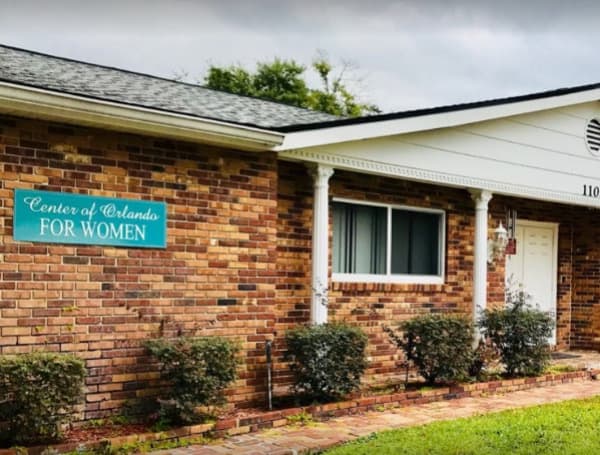Pointing to the U.S. Supreme Court’s decision last year to overturn Roe v. Wade, Florida Attorney General Ashley Moody on Wednesday asked a federal judge to scrap a 2016 ruling that prevented the state from cutting off public money to abortion providers for health services unrelated to abortion.
U.S. District Judge Robert Hinkle in 2016 sided with Planned Parenthood affiliates and issued an injunction against a law that would have prevented state and local-government money from going to abortion providers for services such as testing for sexually transmitted diseases and screening for breast and cervical cancer.
Florida has long prevented public money from being used to fund abortions. But in issuing a preliminary injunction, Hinkle wrote that the 2016 law was unconstitutional, pointing to legal precedent that a “government cannot prohibit indirectly — by withholding otherwise-available public funds — conduct that the government could not constitutionally prohibit directly.”
In the news: New Resident Of Florida? Don’t Feed The Monkeys
“The defunding provision (of the 2016 law) has nothing to do with the state and local spending programs at issue, which address things like testing for sexually transmitted disease and dropout prevention,” Hinkle, who later issued a permanent injunction, wrote in June 2016. “The defunding provision is instead an effort to leverage the funding of those programs to reach abortion services.”
But in a seven-page motion Wednesday, Moody’s office asked Hinkle to vacate the injunction because the U.S. Supreme Court last year overturned the Roe v. Wade decision that established a constitutional right to abortion.
The motion said that in light of last year’s ruling in a case known as Dobbs v. Jackson Women’s Health Organization, the “legal basis for this (district) court’s injunction no longer exists.”
“Dobbs … makes clear that there is no constitutional right to abortion and that Supreme Court cases holding otherwise were ‘egregiously wrong from the start,’” the motion said. “The state may thus constitutionally prohibit abortion within its borders.”
In the news: Over 1,000 flights Canceled As Winter Storm Blankets US
Moody’s office said in a news release Wednesday that Roe v. Wade was the “deciding factor” in Hinkle’s 2016 decision.
“Now that the case at the center of the (district) court’s reasoning has been overturned, we are petitioning the court to vacate the court’s injunction and allow the will of our state’s legislative body and the people who elected them to take effect,” Moody said in a prepared statement.
The court document filed Wednesday said the Planned Parenthood affiliates “do not oppose this motion” on the condition that vacating the injunction would take effect June 1.
“Plaintiffs made this request to ensure an orderly transition,” the motion said. “Defendants (state health officials) consent to this condition.”
Android Users, Click Here To Download The Free Press App And Never Miss A Story. Follow Us On Facebook Here Or Twitter Here. Signup for our free newsletter by clicking here.

